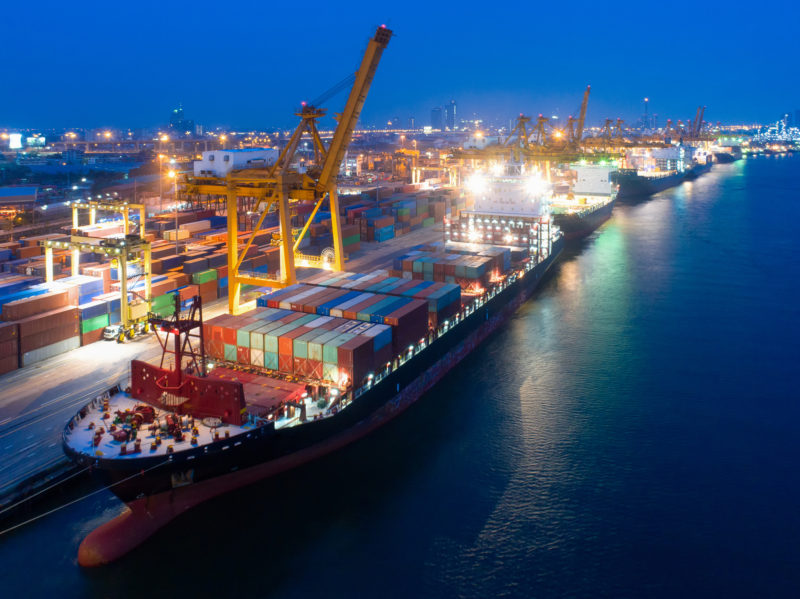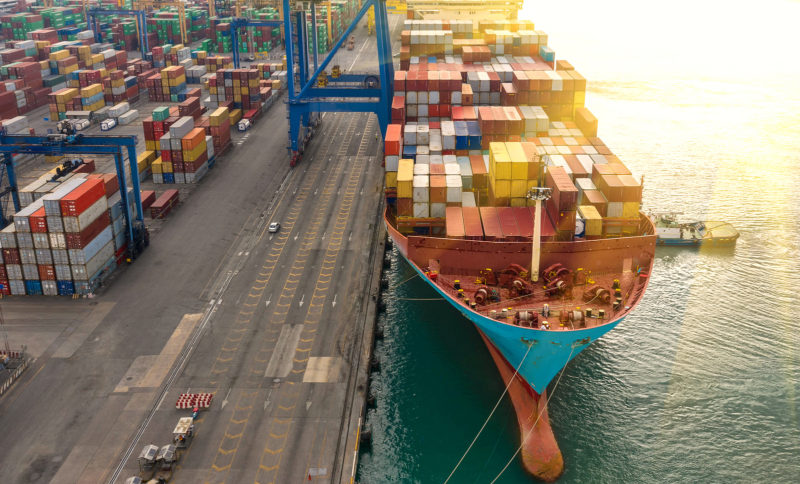The maritime sector is a key component in the worldwide operations of governments and businesses. With the weight of responsibility that maritime companies have, it is important to stay up to date on the risks of operating in this sector and the compliance needed to stay successful. If you are entering the maritime sector as a worker or a business owner, read below for a guide on what you should know about risk and compliance.
Key Risks in the Maritime Sector
Because the maritime sector largely operates on open water, there are many risks involved from operations to security to the environment. Each of these risks should be reviewed and focused on when making business policies and following regulations.
Operational Risks
Operational risks encompass a large part of the maritime sector because many operations happen out in the ocean where things can be unpredictable at times. One of the big operational risks comes with navigation. When a captain is navigating a large vessel for purposes like shipping, they have to juggle all kinds of risks. Collisions with other vessels, ocean debris, or even marine animals can occur, leaving a ship damaged or unable to operate. To avoid these kinds of risks, captains and other crew members must stay constantly vigilant.
Another operational risk comes from unpredictable weather patterns. Even if the weather is good when a ship leaves port, the tides can turn quickly once it reaches the open water. Having extensive knowledge of weather patterns over the ocean or sea you are navigating can help you to better predict certain outcomes and avoid unnecessary risks.
The last big operational risk is what comes with technical failures. Although some technical failures come without warning, most can be prevented by regular inspections before long journeys and throughout voyages. These risks can result in long delays while parts have to be brought and replaced and can leave a ship and its crew stranded for days, costing a company time and money.
Regulatory and Compliance Risks
Because businesses that work in the maritime sector are likely navigating through waters run by many different nations, there are lots of different regulations that each country has when it comes to shipping and carrying goods in their territories. Some countries also have sanctions on different products or imposed on other countries. To ensure that your company has sanctions compliance when entering the territories of different countries, check online for each country's list of sanctions and make sure to have the correct documents in order. This will keep you from running the risk that your goods will be confiscated and you will have to pay heavy fines to get them back and delivered to customers in time.
There are also national and regional laws that must be adhered to when navigating through different areas of the world. There are varying laws depending on where you do business, so making sure that your business employees and the crew that operate your fleet are kept in the loop about changes to laws will prevent any risks of running into problems with the law.
Security Risks
Working on the open ocean comes with a plethora of risks that include but are not limited to piracy, terrorism, and even cybersecurity threats. Although modern piracy is not the same as what most people have in their heads when they think of the word, it does still happen and can be a real life-threatening problem to crews of container ships on the high seas. Pirates can infiltrate ships carrying cargo worth a fortune and take what they want while threatening the captain and crew. Certain areas of the world are considered more high-risk for piracy incidents and should be avoided if possible, even if it costs your company a bit more money and time.
Terrorism is another risk that is not always considered, but something that a crew should always be aware of. If certain goods are being carried that will benefit a country or region, terrorists from a conflicting region could create a plan to destroy those goods, whether it is through planting a bomb or other means. To eliminate this risk, companies should always have a robust protocol when it comes to inspecting goods before, during, and after shipment.
With advanced technology controlling most modern vessels, cybersecurity threats are now present. Hackers can get into navigation technology and throw large vessels off course if the crew is not paying attention. This is a risk that all crew members should be aware of, and protocols should be put into place to prevent these threats.
Environmental Risks
The last big risk in the maritime sector is that of the environment. Climate change has changed the ocean and can affect the weather and other factors that can throw ships off course. Other risks like oil spills and pollution can also contribute to throwing ships off course or damaging them. Being aware of these risks and helping the earth by not being a business that contributes to these issues can make navigation easier for everyone involved.

Best Practices for Risk Management and Compliance
Implement Robust Safety Management Systems
To comply with international laws and keep crews safe out on long voyages, robust safety management systems are necessary. This should include investments in advanced security systems onboard and in other facilities on land, as well as collaboration with other maritime security organizations so that everyone is on the same page.
Adopt Sustainable Practices
If your company is not already using sustainable practices, it should consider implementing measures to reduce its carbon footprint by using cleaner fuel sources and optimizing energy efficiency. This can help save money, as well as keep the maritime sector clean and functional.
Stay Up-to-Date with Industry Standards
By keeping updated on changes in regulations and compliance standards, your business can adapt as needed and avoid unnecessary risks. This can be done by building good relationships with counterparts in the industry and working with governments all around the world where your business ships goods.
Develop Comprehensive Insurance Strategies
To reduce risk, your business should assess its insurance needs based on the specific risks that it faces while on the open ocean. It is also important to ensure that all of the equipment onboard your cargo ships is covered by adequate policies.

Being proactive and detailed in your approach to compliance in the maritime sector is the best way to minimize risk. By understanding the risks involved in the maritime sector, you can better plan and prepare for the compliance needed for each maritime journey.
